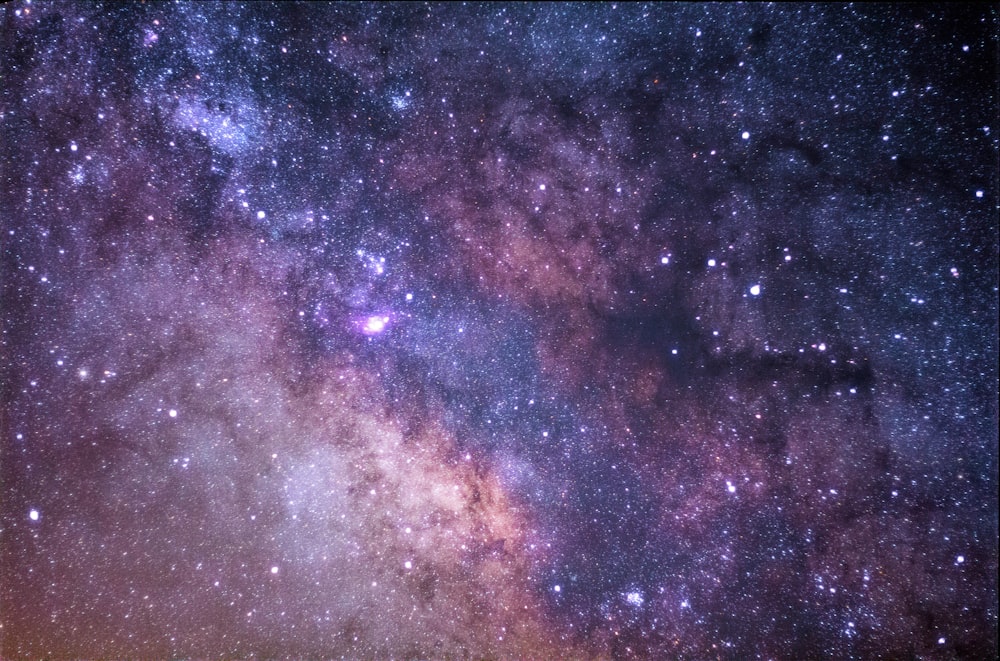Exploring the Boundaries of the Universe: Does the Cosmos Have Limits?

The concept of boundaries in the universe has fascinated humanity for centuries. From ancient philosophical debates to modern scientific inquiries, the question of whether the universe possesses edges or limits continues to intrigue minds worldwide. In this comprehensive exploration, we delve into the various theories, observations, and philosophical musings surrounding this profound question.
Understanding Cosmic Expansion:
One of the fundamental aspects shaping our understanding of the universe's boundaries is cosmic expansion. Since the groundbreaking discovery of the universe's expansion by Edwin Hubble in the early 20th century, scientists have grappled with its implications. The expansion of space itself suggests that the universe is not static but rather dynamic and ever-expanding. However, this expansion raises the question: does it imply the existence of boundaries?
Cosmic Inflation and Multiverse Hypotheses:
Inflationary cosmology proposes that the universe underwent a rapid expansion phase shortly after the Big Bang, leading to its vast size and uniformity. While this theory provides a framework for understanding the large-scale structure of the cosmos, it also introduces the concept of the multiverse. According to some interpretations, our universe may be just one of countless others, each with its own set of physical laws and boundaries. Exploring these hypotheses sheds light on the complexity of the universe's potential boundaries.
Observable Universe vs. Beyond:
The observable universe refers to the portion of the cosmos that we can see and detect using telescopes and other instruments. While vast, it is limited by the speed of light and the age of the universe. Beyond the observable universe lies the unknown—a realm that may extend infinitely or possess boundaries beyond our current understanding. Examining the limits of observation helps us discern between the observable and the speculative when contemplating the universe's boundaries.
Cosmological Horizons and Event Horizons:
Cosmological horizons, such as the cosmic event horizon and the Hubble sphere, mark the boundaries of our observable universe based on the finite speed of light and the expansion of space. Similarly, black holes possess event horizons beyond which no information can escape, leading to intriguing parallels between the boundaries of the cosmos and those of black holes. Understanding these horizons provides insights into the nature of limits within the universe.
Philosophical Perspectives:
Beyond scientific inquiry, the question of cosmic boundaries invites philosophical contemplation. Ancient thinkers pondered the nature of infinity and finitude, while modern philosophers grapple with concepts such as the anthropic principle and the simulation hypothesis. These philosophical perspectives offer alternative lenses through which to explore the universe's potential boundaries, transcending empirical observations alone.
The Search for Cosmic Signatures:
Scientists employ various methods to probe the universe's boundaries, including observations of the cosmic microwave background radiation, studies of large-scale structures, and investigations into the nature of dark energy and dark matter. By analyzing these cosmic signatures, researchers aim to elucidate the underlying structure and boundaries of the cosmos, pushing the boundaries of human knowledge ever further.
Limits of Human Understanding:
As we delve deeper into the mysteries of the universe, we confront the limits of human understanding. Our current scientific theories and observations provide valuable insights, but they may only scratch the surface of a reality far more complex and enigmatic than we can fathom. Acknowledging these limits humbles us and inspires further exploration and inquiry into the nature of existence.
Conclusion:
In the quest to understand the boundaries of the universe, we embark on a journey that transcends disciplinary boundaries, encompassing physics, philosophy, and the collective curiosity of humanity. While scientific discoveries and theoretical frameworks offer glimpses into the cosmos's vastness, they also remind us of the profundity of the unknown. Whether the universe possesses boundaries remains a question that continues to captivate and challenge us, driving our relentless pursuit of knowledge and understanding in the boundless expanse of space and time.


























![[Honest Review] The 2026 Faucet Redlist: Why I'm Blacklisting Cointiply & Where I’m Moving My BCH](https://cdn.bulbapp.io/frontend/images/4b90c949-f023-424f-9331-42c28b565ab0/1)











